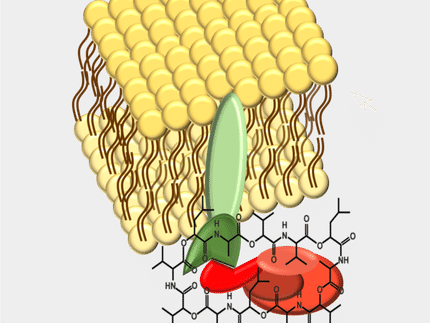Scripps Florida scientists determine how antibiotic gains cancer-killing sulfur atoms
Advertisement
In a discovery with implications for future drug design, scientists from the Florida campus of The Scripps Research Institute (TSRI) have shown an unprecedented mechanism for how a natural antibiotic with antitumor properties incorporates sulfur into its molecular structure, an essential ingredient of its antitumor activity. This new discovery could open the way to incorporating sulfur into other natural products, potentially advancing new therapies for indications beyond cancer.
"We found a novel mechanism to incorporate sulfur into natural products, which is unprecedented," TSRI Professor Ben Shen said. "Until our study, we didn't really know how sulfur atoms are incorporated into a natural product - now we have discovered a new family of enzymes and have a workable mechanism to account for sulfur incorporation into a larger class of natural products, known as polyketides, that include many drugs such as erythromycin (antibacterial) and lovastatin (cholesterol lowering)."
Sulfur is critical not only to human life, but to plants and bacteria as well, and is one of the most abundant elements in the human body by weight. A number of compounds that contain sulfur have proven useful in the treatment of various conditions.
The new study is focused on leinamycin (LNM), a sulfur-containing antitumor antibiotic produced by species of the soil-dwelling bacterium Streptomyces. The Shen laboratory has been studying the potential of this natural compound for development of anticancer drugs.
The study links a family of enzymes known as polyketide synthases (PKS) directly to a complex series of chemical reactions that ultimately add sulfur to leinamycin, a member of the polyketide family of natural products.
"The sulfur incorporation mechanism discovered in our study revealed the novel function of a polyketide synthase, greatly expanding our understanding of its chemistry," said Ming Ma, one of the co-first authors of the study and a member of the Shen lab. "Since polyketide synthases are a large family of enzymes that have been proven amenable for polyketide structural diversity and drug discovery, it is particularly exciting that this new discovery now provides the possibilities of adding sulfur atoms to compounds similar to leinamycin or other polyketide natural products."



















































